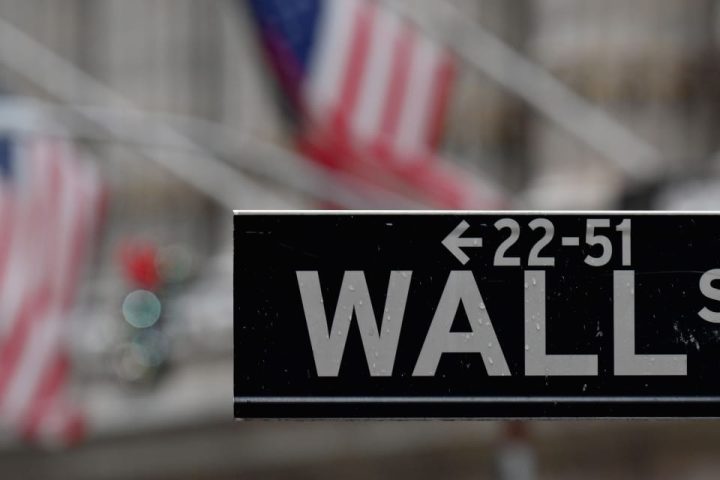The Reserve Bank of Australia’s Assistant Governor, Brad Jones, has highlighted growing global economic challenges in a recent speech delivered in Sydney. These threats are being amplified by significant technological transitions, political shifts, and environmental changes.
Jones warned of unprecedented economic “shocks” stemming from geopolitical tensions, climate change, and internal financial system risks, including the potential for cyberattacks on key institutions. The global economy is particularly susceptible to supply shocks from changes in globalization and potential disruptions to international shipping due to “fast-burn kinetic” confrontations between major economies.
The challenges are creating a balancing act for the Reserve Bank of Australia (RBA) as it strives to control inflation while ensuring consumer welfare. This concern has been echoed by the head of Australia and New Zealand economics at Bank of America and RBA Governor Michele Bullock.
External factors such as Russia’s invasion of Ukraine and Chinese tariffs on barley have strained global markets and increased inflationary pressures. Jones also pointed out the risk of the global financial system splintering into “geopolitical blocs” due to heightened US-China competition.
Central banks worldwide have responded to the COVID pandemic by slashing interest rates to unprecedented lows and injecting billions into their economies to provide support. However, in light of surging inflation and dwindling unemployment rates, they’ve had to accelerate interest rate hikes. The upcoming week could see Australia’s official cash rate climb to a 12-year high of 4.35 per cent.
Australia’s Albanese government is grappling with these challenges, particularly maintaining a balance between the US and China. Since Prime Minister Anthony Albanese assumed office, relations between Australia and China have begun to thaw. The Morrison-era Chinese tariffs on barley have been removed, and a review of restrictions on Australian wines is currently underway.
This article was generated with the support of AI and reviewed by an editor. For more information see our T&C.
Read the full article here







